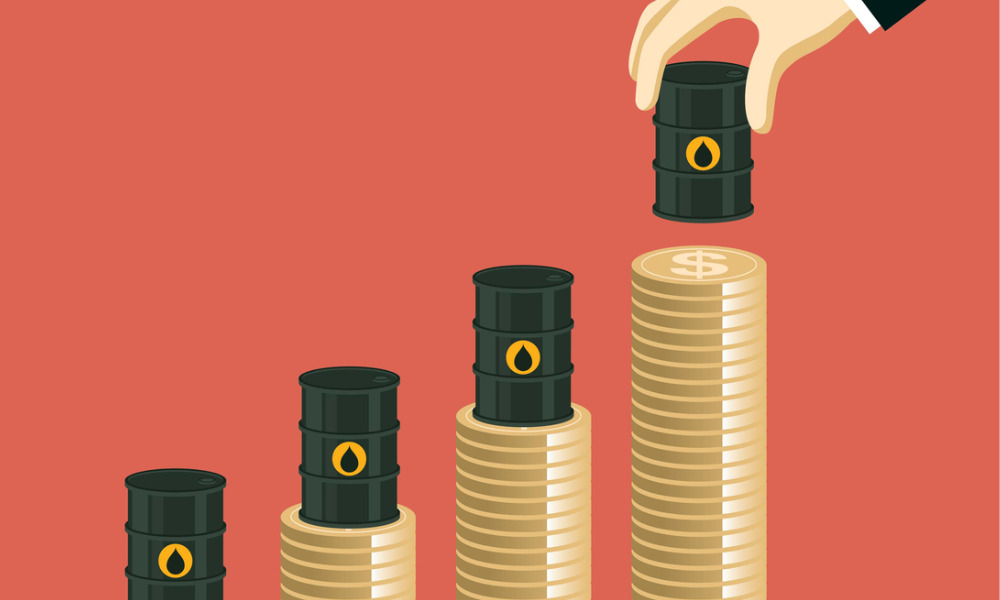Global oil prices are currently hovering around US$93 per barrel

Rising oil prices are not likely to be a significant factor in the near-future policy steps that the Bank of Canada, the United States Federal Reserve, and other central banks will take, according to Capital Economics.
As of September 22, Brent futures rose by 46 cents (0.5%) to US$93.76 per barrel, while US West Texas Intermediate crude futures went up by 65 cents (0.7%) to US$90.28 a barrel, Reuters reported.
However, crude prices will have to hover near US$100 per barrel for the BoC and its fellow central banks to begin contemplating more rate hikes to manage the resulting inflationary pressures, said Simon MacAdam, senior global economist at Capital Economics.
“We are not convinced that the increase in oil prices has set the stage for a sustained rebound in inflation,” MacAdam said in a September 21 client note.
Doug Porter, BMO's chief economist, believes that the most challenging phase of the Bank of Canada's efforts to bring inflation back to its target level may be starting.
— Canadian Mortgage Professional Magazine (@CMPmagazine) September 8, 2023
Read more: https://t.co/WK6CYs4Eoq#mortgageindustry #inflation #interestrates #bankofcanada
“We were forecasting the percentage-point contribution of fuel inflation to the average headline rate in major advanced economies to rise by about one percentage point from the middle of this year to mid-2024,” MacAdam said.
“Our new oil price forecast suggests that this effect could be 0.2 percentage points higher at its peak, so not a game-changer.”
At the same time, MacAdam stressed that “if oil prices rose a lot higher, and stayed there, policymakers would not be able to dismiss the risk of ‘second-round effects.’”
Canada saw a 0.8% annual increase in oil prices in August, a significant deviation from the 12.9% drop in July. Statistics Canada reported that this was the first such gain since January, while the central bank offered assurances that it will keep an eye on the potential of higher global oil prices to “increase headline inflation in the near term.”



